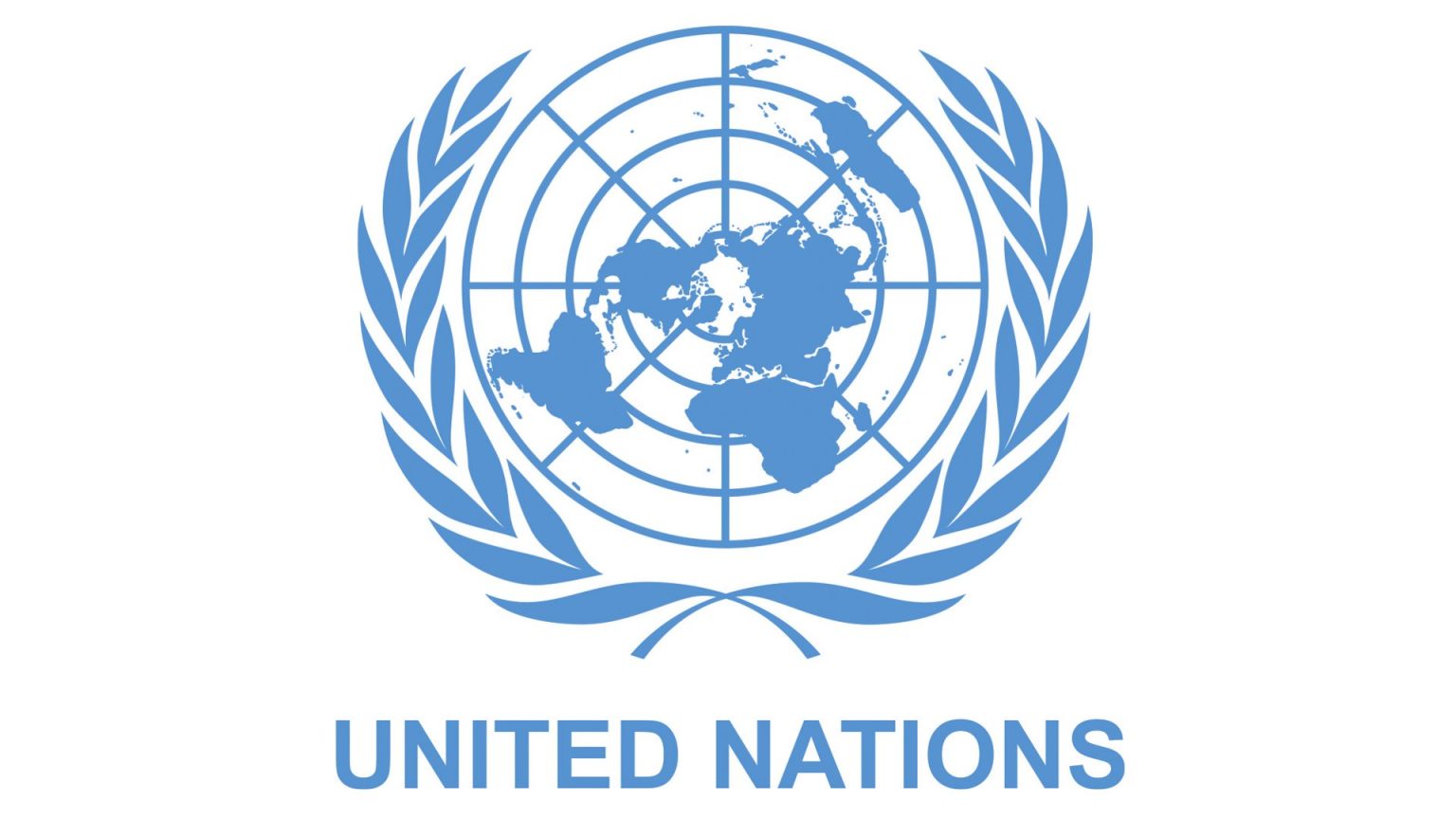The Resurgence of Violence in South Sudan: A Nation Teetering on the Brink
South Sudan, a nation scarred by years of civil war, is once again grappling with a surge in violence that threatens to unravel the fragile peace established in 2018. Clashes between government forces loyal to President Salva Kiir and fighters aligned with his rival, Vice President Riek Machar, have plunged the country into a renewed cycle of conflict, leaving a trail of death, displacement, and human rights abuses in their wake. The United Nations human rights chief, Volker Türk, has reported at least 75 civilian casualties since February, with countless others injured and thousands forced to flee their homes. This renewed fighting jeopardizes the hard-won peace agreement and raises the specter of a humanitarian crisis of immense proportions.
The roots of the current conflict lie in the unresolved tensions between Kiir and Machar, two figures whose rivalry has shaped South Sudan’s turbulent history. The 2018 peace agreement, which brought an end to a five-year civil war that claimed the lives of an estimated 400,000 people and displaced millions more, was intended to create a power-sharing arrangement between the two leaders and their respective factions. However, this agreement has proved to be a precarious truce, with underlying tensions and mistrust simmering beneath the surface. The recent escalation of violence underscores the fragility of the peace process and the deep-seated divisions that continue to plague the nation.
The current wave of fighting has been characterized by indiscriminate attacks on civilian populations, including aerial bombardments, ground offensives, and attacks on medical facilities. The South Sudanese army (SSPDF) has been accused of carrying out these attacks against positions held by Machar’s SPLA-IO forces in Jonglei State and Upper Nile regions. These attacks have resulted in widespread displacement, with an estimated 125,000 people forced to flee their homes since the escalation of tensions in mid-April. The humanitarian situation is rapidly deteriorating, with access to food, water, and medical care becoming increasingly limited.
Adding to the complexity of the situation is the arrest of Vice President Machar in March, along with dozens of opposition politicians, ministers, MPs, army officers, and civilians linked to the SPLM-IO. These arrests have further inflamed tensions and raised concerns about arbitrary detentions and a rise in hate speech. The UN human rights chief has expressed alarm over these developments and called for all parties to uphold the 2018 peace agreement. However, the prospects for a peaceful resolution appear dim, with both sides seemingly entrenched in their positions and unwilling to compromise.
The international community has expressed grave concern over the deteriorating situation in South Sudan. The UN has called for an immediate cessation of hostilities and urged all parties to engage in dialogue to find a peaceful solution. However, the effectiveness of these calls remains to be seen. The history of failed peace agreements and broken promises in South Sudan casts a long shadow over the current situation. The international community must exert greater pressure on all parties to the conflict to ensure that they adhere to the terms of the 2018 peace agreement and protect civilian populations.
The future of South Sudan hangs in the balance. The current violence threatens to undo the progress made since the signing of the 2018 peace agreement and plunge the country back into a full-blown civil war. The humanitarian consequences of such a scenario would be catastrophic. It is imperative that all parties to the conflict prioritize the well-being of the South Sudanese people and work towards a peaceful resolution. The international community must also play a more active role in supporting the peace process and ensuring that those responsible for human rights abuses are held accountable. Only through concerted efforts can South Sudan hope to escape the cycle of violence that has gripped the nation for far too long.














